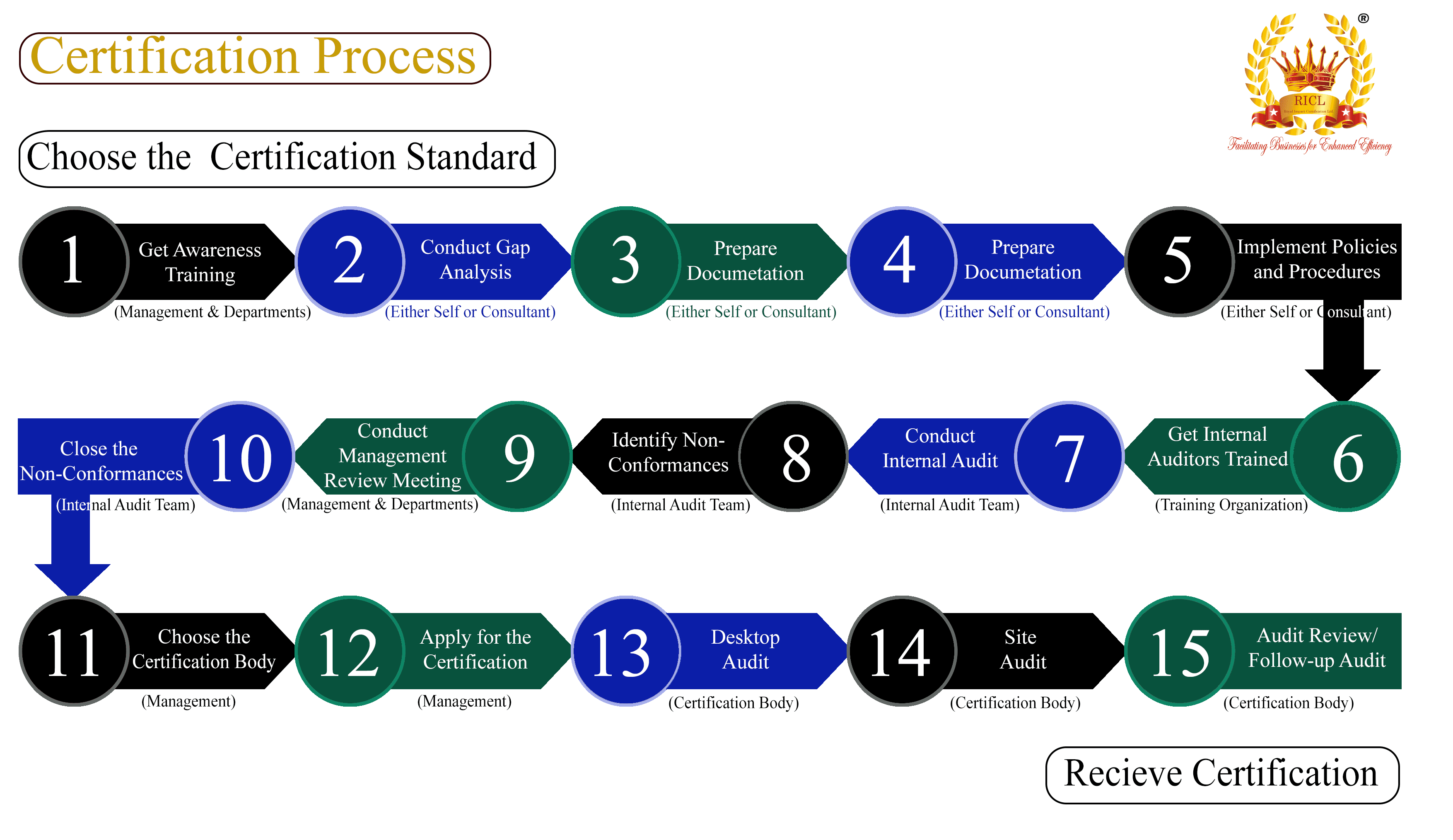
Construction Industry
ISO certifications are highly valued in the construction industry, providing a framework for standardizing processes, improving efficiency, ensuring quality, and meeting compliance requirements.
ISO certifications are highly valued in the construction industry, providing a framework for standardizing processes, improving efficiency, ensuring quality, and meeting compliance requirements. Here’s a detailed look at key ISO standards that are particularly significant in the construction sector, and how they influence the industry.
ISO 9001: Quality Management Systems (QMS)
ISO 9001 is foundational for construction companies. It helps firms establish a systematic approach to managing their processes and ensuring that construction projects are executed with high quality from start to finish. The standard focuses on meeting customer requirements and enhancing satisfaction, which is crucial in construction projects due to their complexity and the high costs involved.
ISO 14001: Environmental Management Systems (EMS)
ISO 14001 is critical for construction companies looking to manage their environmental impact effectively. This standard helps companies minimize negative effects on the environment, comply with applicable laws and regulations, and improve their environmental performance through efficient use of resources and reduction of waste. Implementing ISO 14001 can help construction companies gain a competitive advantage by demonstrating their commitment to sustainable practices.
ISO 45001: Occupational Health and Safety Management Systems
ISO 45001 provides a framework for an effective occupational health and safety management system that helps reduce the risk of work-related injuries, diseases, and deaths. This is especially important in the construction industry, which is known for its high risk of accidents. By improving employee safety and creating better working conditions, companies can not only reduce costs associated with workplace accidents but also boost employee morale and productivity.

Benefits of ISO Certification in the Construction Industry
Improved Quality Management: Helps in consistent delivery of high-quality construction projects that meet customer and regulatory requirements.
Enhanced Environmental Performance: Promotes sustainability through better environmental management practices.
Increased Safety: Leads to safer construction sites by proactively managing and mitigating risks, potentially reducing the occurrence of accidents.
Operational Efficiency: Streamlines processes, reduces errors and rework, and leads to significant cost savings.
Competitive Advantage: ISO certifications can be a competitive advantage in tender processes, often required by clients and government contracts.
Customer Trust and Satisfaction: Increases trust from stakeholders and clients due to adherence to internationally recognized standards.
[formsapp id=”662f63f6c4dd546c9916c3db”]
Related Standards
The Construction industry is governed by several ISO standards that help ensure quality, safety, security, environmental responsibility, and overall efficiency. Here are some key ISO standards related to the industry:
LATEST BLOGS
ISO 10002 Enhancing Customer Satisfaction and Complaint Handing Introduction ISO 10002 is an international standard that provides guidelines for the process of …
Who benefits from ISO 50001 Certification for energy performance? ISO 50001 Certification for energy performance benefits a wide range of stakeholders, including …
What ISO 17025 Certification ensures in Laboratory testing? ISO 17025 Certification ensures a high standard of competence and reliability in laboratory testing …






